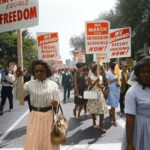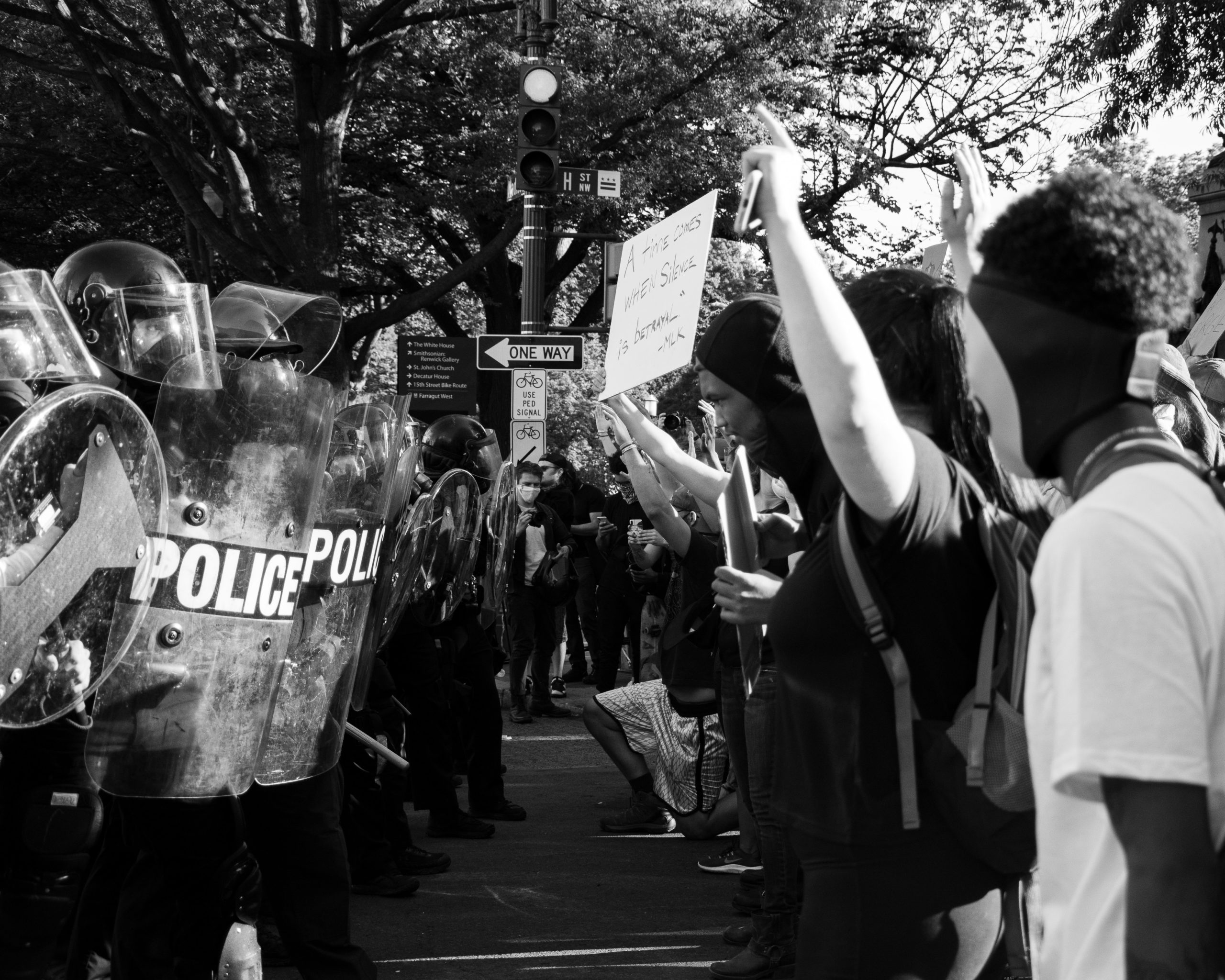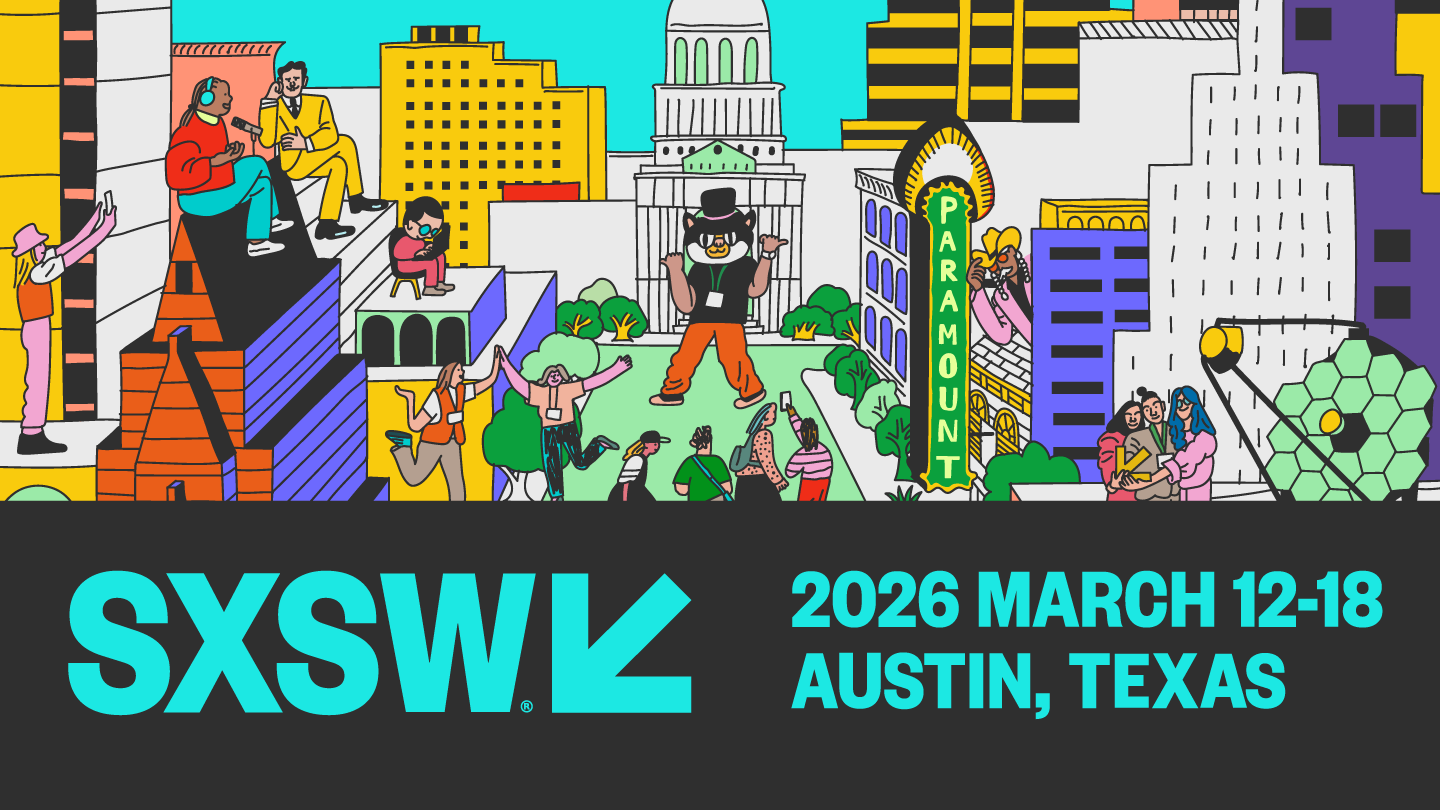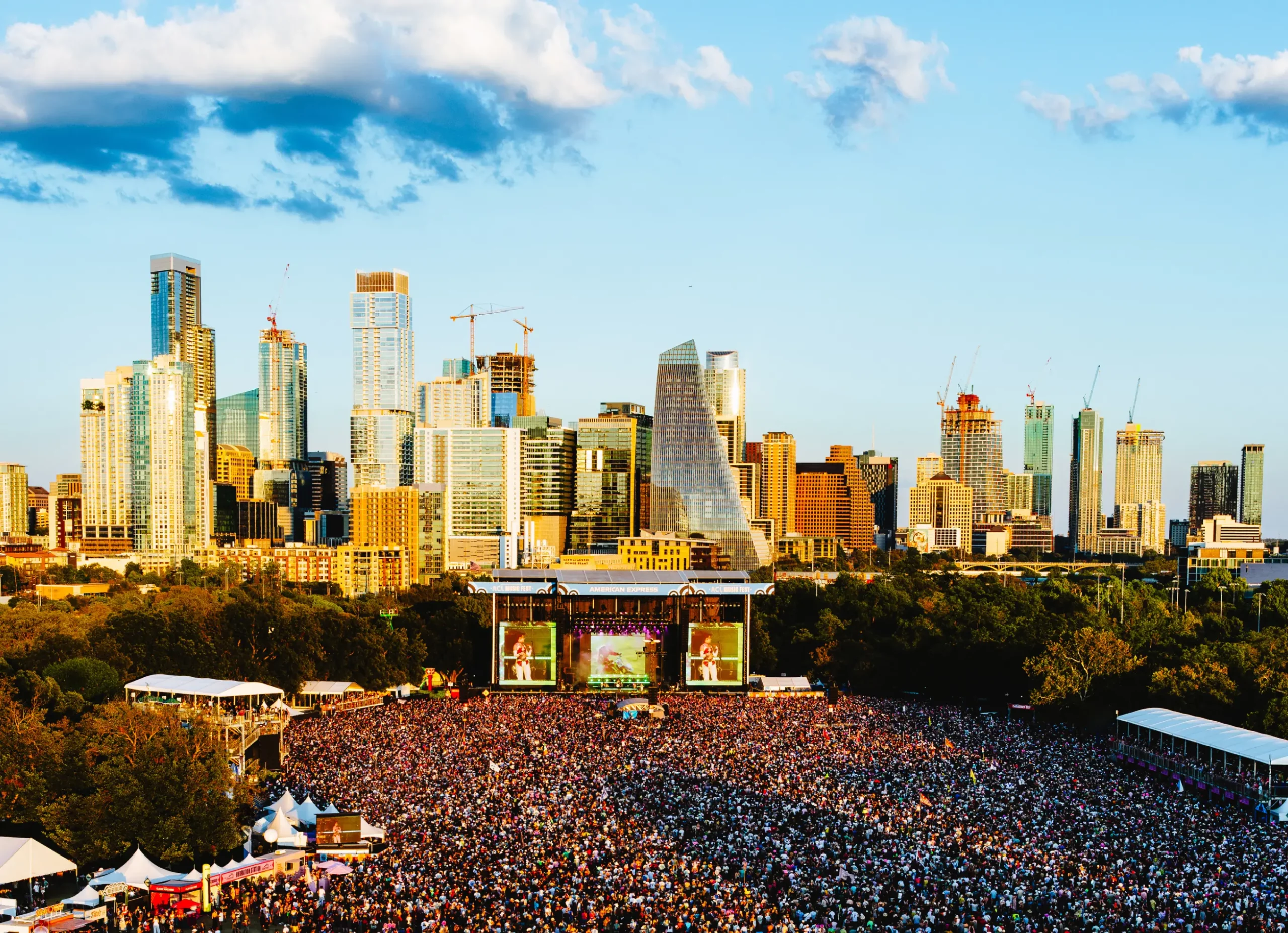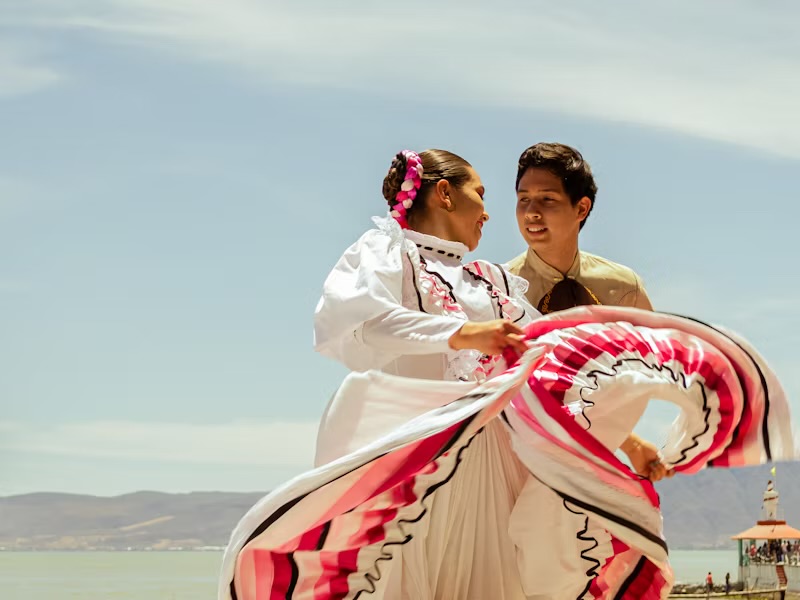Policing in the United States has predominantly been tied to race, discrimination, and a need to inflict control on People of Color. In order to fully understand why the law enforcement system is broken, one must first understand where it began. Police officers as we know of today started out as the slave patrol. According to the NAACP, “The earliest formal slave patrol was created in the Carolinas in the early 1700s with one mission: to establish a system of terror and squash slave uprisings with the capacity to pursue, apprehend, and return runaway slaves to their owners.” This system evolved throughout the years though it kept its main function until the Thirteenth Amendment, which abolished slavery, was passed in 1865.
Even though the slave patrol came to an end, the values they upheld were ever present in the law enforcement that took over in the form of various “militia-style” groups. Despite technically being free, previously enslaved people were still being stripped of their basic human rights. The slave patrol transitioned from catching and abusing slaves to inflicting power and enforcing the Black Codes on US citizens. The Black Codes, according to History, “were restrictive laws designed to limit the freedom of African Americans and ensure their availability as a cheap labor force after slavery was abolished during the Civil War.” This would eventually evolve into Jim Crow Laws, adding forms of segregation that remained in place from 1877 to 1954, when the Civil Rights Movement began.
Despite Jim Crow Laws coming to an end, the tensions between the modern-day police and People of Color didn’t die down. There continued to be obvious displays of police brutality, unjust arrests, and even more unjust deaths well into the twenty-first century. In 2013, following George Zimmerman’s acquittal after murdering 17-year-old Trayvon Martin, the hashtag #BlackLivesMatter was created by Alicia Garza, Patrisse Cullors, and Ayo Tometi. This phrase was turned into a rallying cry following the 2014 murders of Eric Garner, Tamir Rice, and Michael Brown, whose death led to a weeks long protest in Ferguson, Missouri. Then, in 2020, history repeated itself with a string of more police-inflicted deaths. Among those impacted were Geoge Floyd, Elijah McClain, Breonna Taylor, and Rayshard Brooks. Now, in the wake of Tyre Nichols death, it seems little has changed.
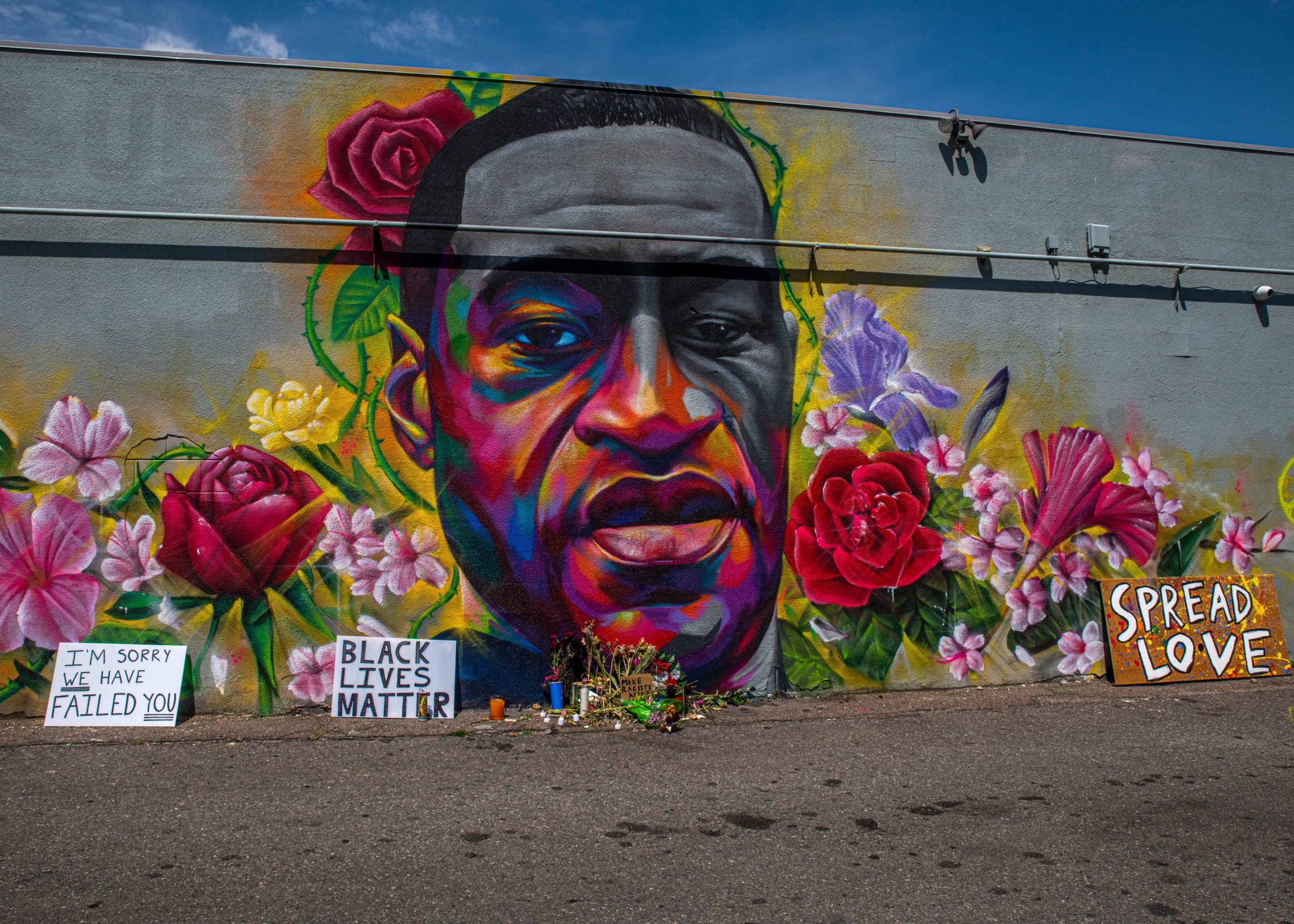
The policing system has been flawed since it’s inception. It’s deeply dark history isn’t widely known, and when you don’t know the roots of an institution it’s hard to see all the pieces that create a systemically racist environment. At it’s bare bones, a police officer is a person with a gun who shows up at situations with the ideal intent of protecting citizens. However, there are many times where a person with a gun doesn’t necessarily de-escalate a situation. In 2020, Daniel Prude, a Black man, was suffering from severe mental health episodes. After trying to calm him down his brother called the police. Only instead of aiding Daniel, the police took actions that led to his death.
You can’t know what you don’t know, and police officers shouldn’t be expected to know how to best handle every situation. They should just be asked to be a part of the situations they were trained for, and in order to instill that there must be other institutions readily available for when a police officer isn’t the best choice. It was this, along with a string of other deaths, that led the conversation of defunding the police. As in Daniels case, he might still be alive had the resource of someone proficient in mental health been readily available. There are a lot of times where a person with a gun isn’t what is needed. It might make sense to invest in other organizations, in a similar fashion to the police, who can help with mental health, along with other things.
All these unjust attacks and murders have led to a call to action. A call to hold officers more accountable. A call to place body cameras on every officer. And even speculation on whether or not the police should be defunded. This power dynamic is centuries in the making and has been abused so much that, at this point, the police have become more of a detriment to certain communities than an aid. No one should have to fear the very people that are supposed to help them or worry that any time they’re pulled over will result in the end of their life. At some point enough has to be enough. There is no clear solution, though one thing is certain. Something has to change.
Sources:
NAACP: https://naacp.org/find-resources/history-explained/origins-modern-day-policing#:~:text=The%20origins%20of%20modern%2Dday,runaway%20slaves%20to%20their%20owners.
History, The Black Codes: https://www.history.com/topics/black-history/black-codes
Britannica, Jim Crow Law: https://www.britannica.com/event/Jim-Crow-law
CNN: https://www.cnn.com/2013/06/05/us/trayvon-martin-shooting-fast-facts/index.html
BLM: https://blacklivesmatter.com/




